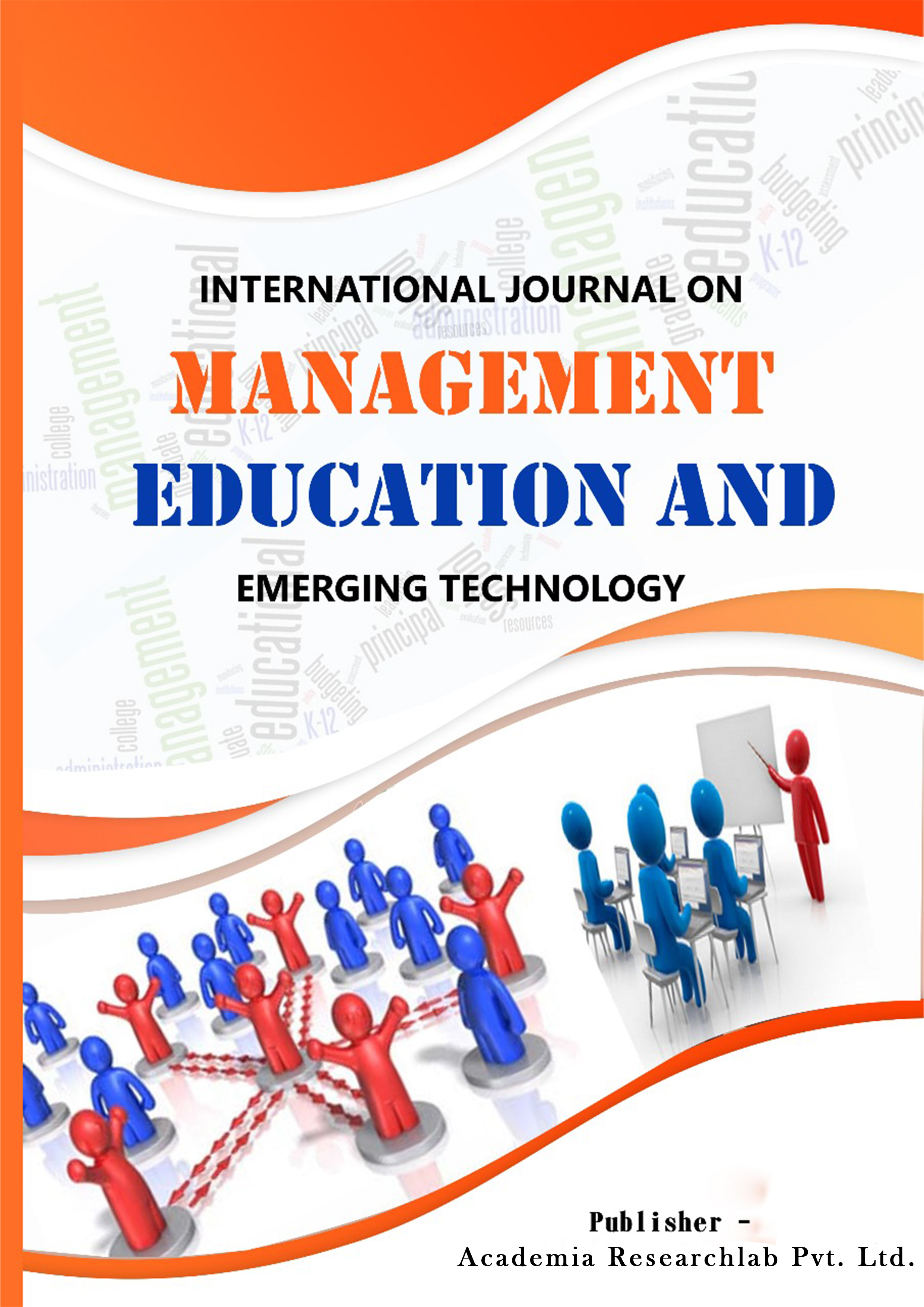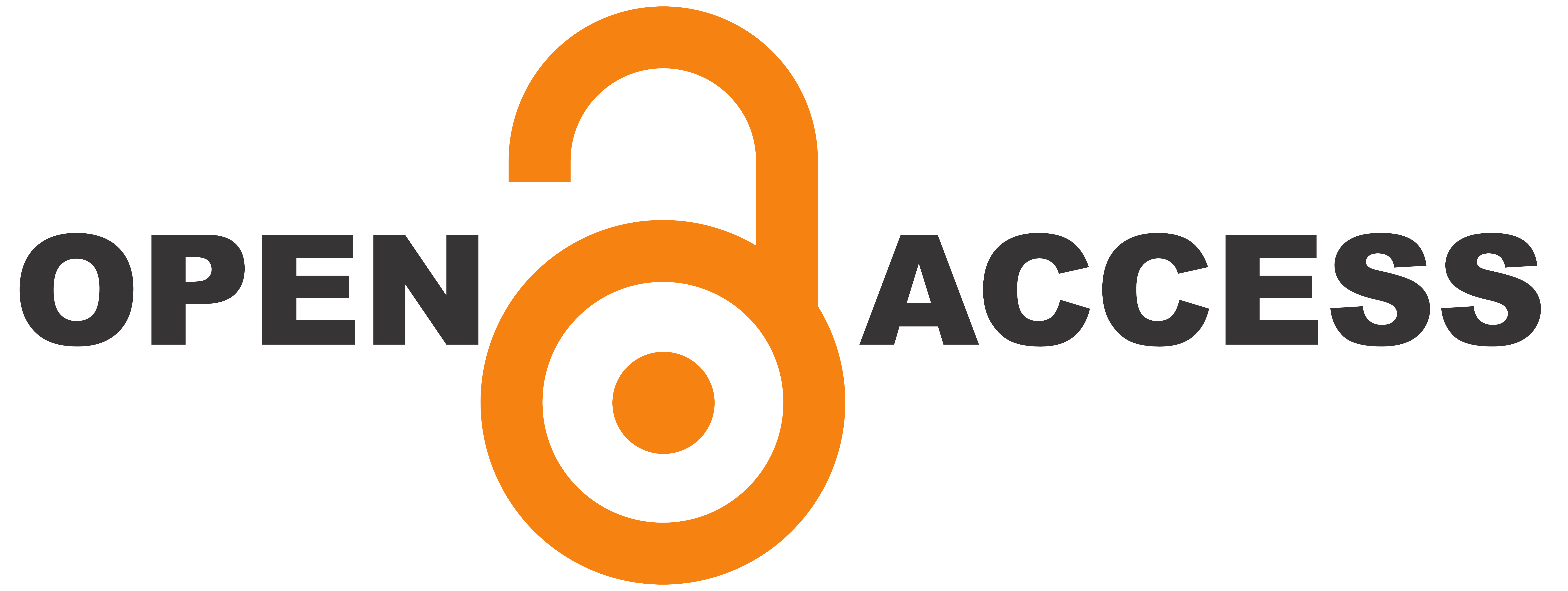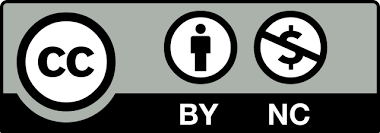Effectiveness Of Fartlek Training In Anaerobic Performance Of Ultimate Frisbee Players
Keywords:
Fartlek Training, Anaerobic Performance, Ultimate Frisbee PlayersAbstract
In various sports, including ultimate Frisbee, an athlete's physical condition significantly impacts their performance. Developing specific training plans to enhance sports skills is crucial for player improvement. The success of ultimate Frisbee players is greatly influenced by anaerobic performance, defined by highintensity, brief physical activity. Fartlek training, a popular interval training method, enhances athletic performance. This study investigates how Fartlek training affects Running Anaerobic Sprint Test (RAST)- measured anaerobic performance in ultimate Frisbee players. It aims to guide training strategies and reveal Fartlek's impact. Using experimental methods, data collection followed these steps: Participants were enlisted after providing informed consent and completing the Physical Activity Readiness Questionnaire (PAR-Q). Initial testing established the baseline anaerobic performance using RAST. Subsequently, a Fartlek training regimen was implemented over a specified duration (e.g., 6 weeks). Following the training, a post-test was conducted to evaluate alterations in anaerobic performance utilizing RAST. The collected pre- and post-test data underwent analysis to identify noteworthy differences. Findings reveal diverse fitness levels, emphasizing tailored training for ultimate Frisbee’s demands, highlighting aerobic and anaerobic fitness. Post-training, most players improved anaerobic capacity, with positive fatigue index changes. Some players, however, showed reduced fatigue tolerance. Fartlek training notably raised anaerobic capacity, with limited fatigue index impact. This research offers insights into optimizing ultimate Frisbee player performance through focused training and underscores Fartlek training's potential in enhancing anaerobic performance.
References
Anaerobic capacity. (n.d.). Physiopedia. Retrieved February 28, 2023, from https://www.physio- pedia.com/Anaerobic_Capacity
Anaerobic test (RAST). (n.d.). Edu.Sg. Retrieved February 28, 2023, from https://virtualcampus.tp.edu.sg/specialist- services/testing-and-services/rast/
Anbalagan, M (2017, October) “Quantifying the Physiological demands of Ultimate frisbee athletes”.
https://www.linkedin.com/pulse/ultimate-frisbee-quantifying-physiological-demands- anbalagan Basis of sports training. (n.d.). Muni.Cz. Retrieved February 28, 2023, from https://www.fsps.muni.cz/emuni/data/reader/book-6/02.html
BBC Bitesize (n.d.) Health screening - PAR-Q questionnaire - Health and safety in sport - Edexcel - GCSE Physical Education. https://www.bbc.co.uk/bitesize/guides/z2r34j6/revision/1
Bieuzen, F., Hausswirth, C., Brisswalter, J., & Le Meur, Y. (2018). Effects of training on muscle metabolism. Journal of Sport Sciences, 36(1), 87-98
Chapman, D. F., & Levine, B. D. (2016). Endurance training and the regulation of skeletal muscle glucose transport and metabolism. Frontiers in Physiology, 7, 493.
Dambroz F, Clemente FM, Teoldo I (2022) The effect of physical fatigue on the performance of soccer players: A systematic review. PLOS ONE 17(7): e0270099. https://doi.org/10.1371/journal.pone.0270099 Davis, J. M., Phinney, S. D., & Brock, C. (2016). The effects of exercise training on glucose regulation in type 2 diabetes: a review. Journal of Sport and Health Science, 5(3), 259-268.
Dhurgham. (2022). The Effect of Using Anaerobic Energy Systems to Know the Outcome Of Fatigue Index
In Some Sports For Female Students, 3(2276–0960), 588.
Fartlek,Tempo and Interval Runs, We Explain the Difference. (2018, April 28). Justrunlah. https://www.justrunlah.com/2018/04/28/fartlek-tempo-and-interval-runs-we-explain-the-
difference/
Finney, J., Nathaniel Matos, C., & Cscs*d, T. P. E. (2020, April 3). Fartlek training with personal training clients.Nsca.com.
https://www.nsca.com/education/articles/ptq/fartlek-training-with-personal-training-clients/
Frost, J. (2022).Independent and dependent samples in statistics. Statistics by Jim. https://statisticsbyjim.com/basics/independent-dependent-samples/
Grand Canyon University. (2021, June 7). Why is quantitative research important?
GCU. https://www.gcu.edu/blog/doctoral-journey/why-quantitative-research-important
Humbleton, B (2021, May) “The scienceof speed: understanding fatigue resistance”. https://runningmagazine.ca/sections/training/the-science-of-speed-understanding- fatigue-resistance/
Jacobs, R., Beaulieu, K., & Dubé, J.-J. (2017). High-intensity interval training and muscle metabolism: From physiology to application. Sports Medicine, 47(3), 413-423
Kajiki, M., Yamashita, Y., Inada, R., & Matsumoto, T. (2021). Physical, Physiological, and Technical Demands in Ultimate Frisbee Small-Sided Games: Influence of Pitch Size. Sports, 9(8), 104. MDPI AG.
Retrieved from http://dx.doi.org/10.3390/sports9080104
Krustrup, P. & Mohr, M. (2015). Physical Demands in Competitive Ultimate Frisbee. Journal of Strength and Conditioning Research. 29. 1. 10.1519/JSC.0000000000000989.
Kubo, K., Kanehisa, H., Fukunaga, T., & Kawakami, Y. (2005). Tendon mechanical properties and muscle- tendon
interactions in skeletal muscle. Journal of Biomechanics, 38(9), 1791-1801.
Martin, H. (2023, February 3). Fartlek training: What is it, benefits, tips, and workouts. The Run Experience. https://therunexperience.com/fartlek/
Naharudin, M (2013, October) “Fatigue Index and Fatigue Rate during an Anaerobic Performance under Hypohydrations”
Nasuka, Santosa, I., Setiowati, A., & Indrawati, F. (2019). The Running-based Anaerobic Sprint Test of different Type of Sports. Journal of Physics, 1387, 012146. https://doi.org/10.1088/1742- 6596/1387/1/012146
Neethu, P. R., Durga, M., Arivazhagan, M., & Muralirajan, K. (2022). The Impact 3 Week of Fartlek Training and Circuit Training on Muscular Section A-Research paper Strength and Muscular Endurance Among Long Distance
Runners. European Chemical Bulletin. https://doi.org/10.31838/ecb
Palanisamy, A. (2020). Think India Journal. Effect Of Fartlek Training On Muscular Endurance Among Cross Country Runners, 22(04), 5.
Pavlovic, R. (2016). Fatique index - indicator of anerobic abilities students. International Journal of Science
Culture and Sport, 4(19), 315–315. https://doi.org/10.14486/intjscs522
Research guides: Systematic reviews in the health sciences: Types of research within qualitative and quantitative. (2013). https://libguides.rutgers.edu/c.php?g=337288&p=2273209
Roopchand-Martin, S., Creary-Yan, S., Gayle, B., & Evelyn, D. (2019). The Effects of Aquatic Plyometric Training on Lower Limb Power and Agility of University Rugby and Soccer Athletes. West Indian Medical
Journal. https://doi.org/10.7727/wimj.2018.093
Sarmidi, S. (2018). Effect of fartlek training to the improvement of VO2Max on athletes runners of 800- meters. Proceedings of the International Seminar on Public Health and Education 2018 (ISPHE 2018), 96– 98.
Taskin, C. (2016). Aerobic capacity and anaerobic power levels of the university students. Higher Education Studies, 6(2),
76. https://doi.org/10.5539/hes.v6n2p76
Why experimental method in is the most valuable? - 708 words. (n.d.). Free Essays. Retrieved February 28, 2023, from https://ivypanda.com/essays/why-experimental-method-in-is-the-most-valuable/
Additional Files
Published
How to Cite
Issue
Section
License
Copyright (c) 2025 International Journal on Management Education and Emerging Technology(IJMEET)

This work is licensed under a Creative Commons Attribution-NonCommercial-NoDerivatives 4.0 International License.





